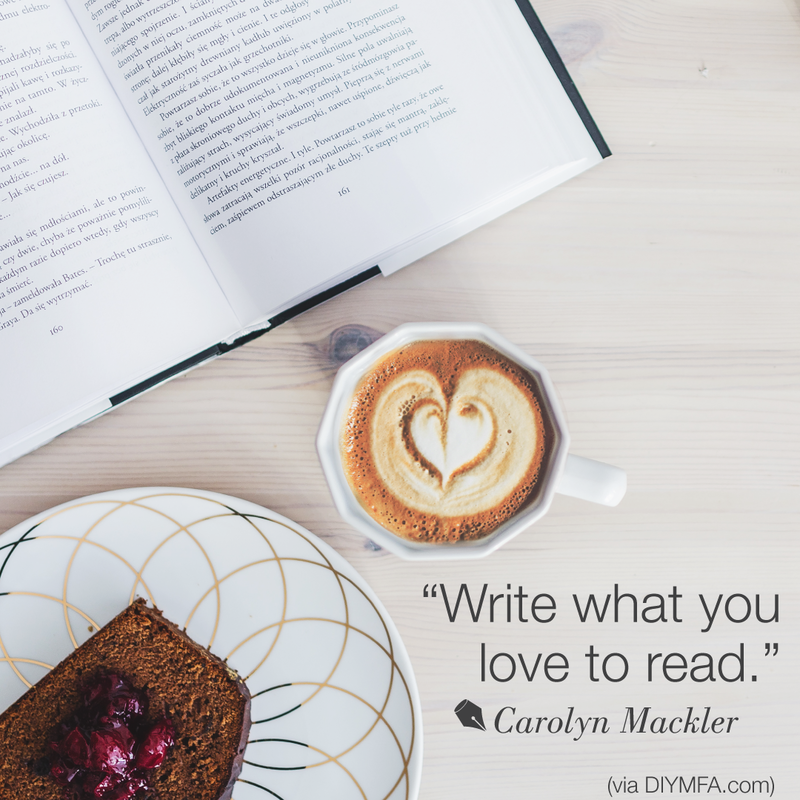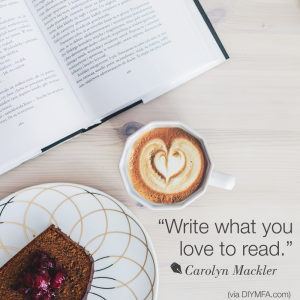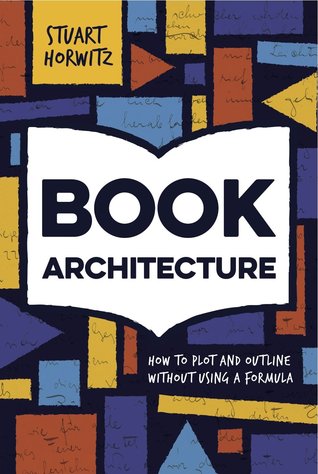
 I’ve been a reader since very young. At 3 years old, I memorized Peter Rabbit… literally knew which words went with which pages, even though I wasn’t associating words with meanings quite yet. I knew that story so well, backwards and forwards, what happened when… we have a recording of my 3-year-old voice “reading” the story to my aunt, and when I get to the end of it, I just start the whole story over again…
I’ve been a reader since very young. At 3 years old, I memorized Peter Rabbit… literally knew which words went with which pages, even though I wasn’t associating words with meanings quite yet. I knew that story so well, backwards and forwards, what happened when… we have a recording of my 3-year-old voice “reading” the story to my aunt, and when I get to the end of it, I just start the whole story over again…
I think that being a reader, falling in love with books and stories, is part of how one becomes a writer. There’s something magic about the way that words unlock the world. They lift you out of your current experience and thrust you into another place and time, be that world fictional or utterly real. We are transported by the words on the page, made to think of something other than ourselves if only for a moment. And once you connect with that magic in such a personal way, who can resist the draw of being able to harness the power yourself?
I wrote my first book when I was in elementary school about dolphins, on construction paper and stapled together, complete with researched and organized chapters and oil pastels illustrations. (If I can find it, I’ll post pictures here.) After that I was hooked. I created stories in my head and in spiral notebooks, about horses and unicorns in elementary and middle school, and about angsty love and rejection when I was a little older. Nothing that was worth publishing, most of which I would never share with anyone, not even my most trusted companions. I stopped writing in college (got distracted), but I picked it up again a few short years later.
Now I write light YA fantasy, crafting strong female characters to speak directly to that angsty, rejected teenager I was all those years ago. I’m planning a self-publishing adventure this summer (follow my progress at www.elisabethkauffman.com) and the fulfillment of a promise I made to myself as a teenager to publish something that I wrote.
How we came to this land of writing matters for one very important reason. Your writer’s origin story is what you should fall back on when the going gets tough. If you’re serious about succeeding in this often frustrating and soul-crushing world of publishing, you’re going to have to remind yourself why you started in the first place.
For me, when I get scared of sharing my writing because I’m anticipating the painful process of internalizing feedback (growth HURTS, people, it’s why they call them “growing pains”) and getting better as a writer, I think of that teenage me, shiny-eyed, expressive, and innocent. She wanted these stories to be told because she wanted a story to relate to. When I suffer through the painful parts of this process, I do it for her.
Who do you do it for?
*Just FYI, the fab Gabriela Pereira of DIY MFA is releasing a BOOK in June. Learn more about it here.

